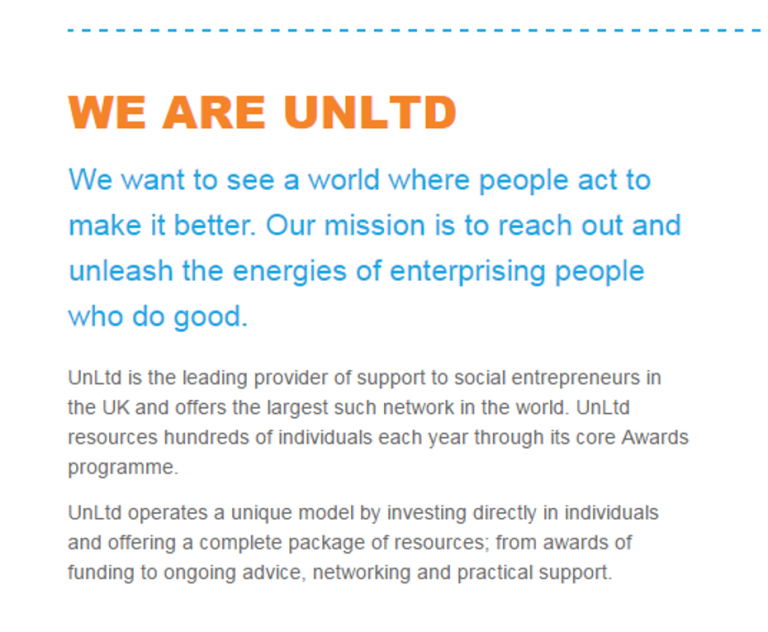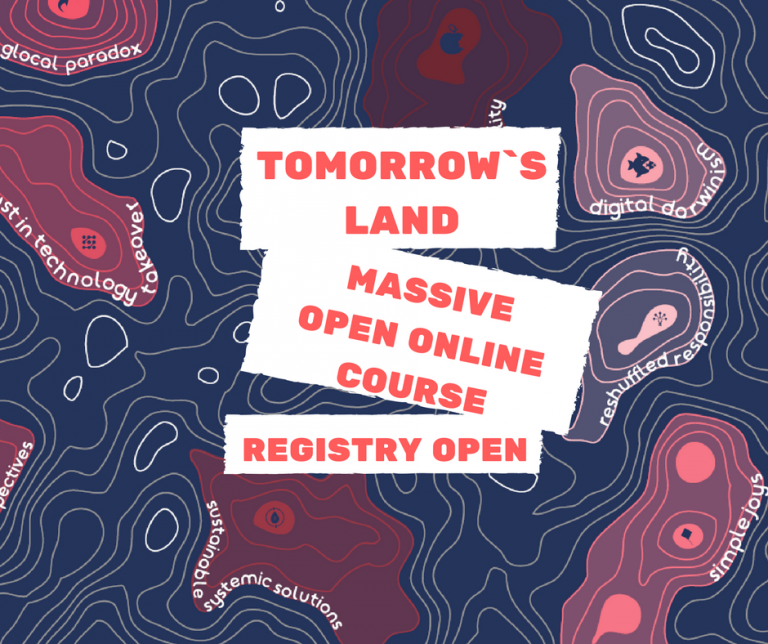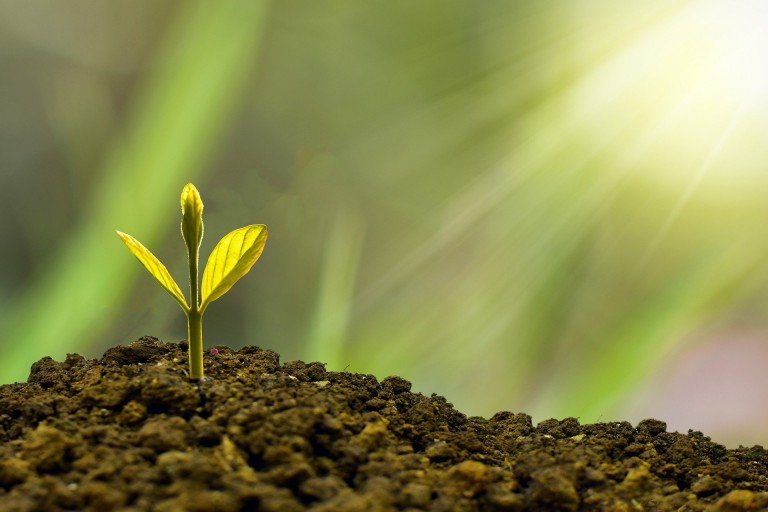10 Tips From 10 Years of Social Good:
10 Tips From 10 Years of Social Good
Social entrepreneur Sarah Cowley shares a list of 10 tips of the most important things she has learned on her journey as a social entrepreneur after having been in the ‘social good’ space for ten years!
The list comes from Sarahs own work and the lessons she learned from other social entrepreneurs and change-makers across the world including in Australia, Costa Rica, Nepal, India, Cambodia, Vietnam, Pakistan, Iraq, Honduras, El Salvador & USA.
the 10 TIps are:
1) Focus
2) Be precise and have a structured plan
3) Be unafraid
4) Be smart about what you’re doing
5) Give your all
6) Stay positive & results-oriented
7) Take opportunities as they arise
8) It’s okay if things don’t happen immediately
9) Change is okay
10) Self-care is critical!
Read the whole article on Cause Artist here







